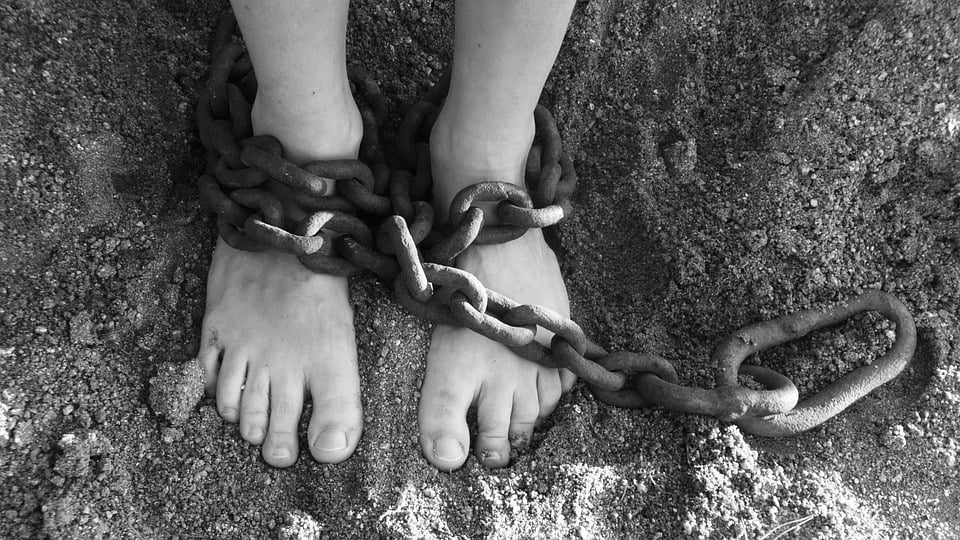When Is Someone Charged With False Imprisonment Or Kidnapping?

False imprisonment and kidnapping are probably familiar terms to anyone living in New York. Yet, familiarity with these words is often mistaken with understanding the criminal laws and definitions applicable to these offenses. For example, did you know that you can be charged for kidnapping an adult? While the word kidnapping is frequently used to refer to child abductions, in actuality the crime of kidnapping in New York is much broader.
Similarly, the definition of false imprisonment can apply to situations and circumstances that most people don’t typically associate with the terminology. These discrepancies between what kidnapping and false imprisonment imply to the general public and what the terms mean in a legal sense can cause significant problems. Keep reading for an explanation of both kidnapping and false imprisonment from an NY kidnapping lawyer.
Page Contents
- What Does NY Law Say About Kidnapping and False Imprisonment?
- What Do These Legal Definitions Mean in Real-Life?
- Charges for Kidnapping or False Imprisonment
What Does NY Law Say About Kidnapping And False Imprisonment?

In NY, kidnapping and false imprisonment are related but distinct offenses. Kidnapping is the more serious crime, but the definition in the NY Penal Law is deceptively simple. Under the relevant statute, kidnapping in the second degree is succinctly defined as the abduction of another person. This serious offense often requires the assistance of an NY kidnapping lawyer.
The more substantial kidnapping offense, kidnapping in the first degree is more involved. The NY Penal Law states that kidnapping in the first degree is the abduction of another person with the intent to obtain a ransom, inflict bodily injury, accomplish a separate felony, terrorize the victim, or interfere with a political or governmental function. When a kidnapping has evidence of these aggravating circumstances, the prosecutor is certain to charge a defendant with the more serious offense.
The legal definition of false imprisonment isn’t substantially different from kidnapping, but it is a far less serious crime. Under the NY Penal Law, a person commits false imprisonment when he or she restrains another person. Similar to kidnapping, certain aggravating circumstances can result in more substantial false imprisonment charges. In NY, there is only one explicit set of events defined in the NY Penal Law and that is when the victim is restrained in a manner or location that exposes the victim to the risk of serious bodily injury.
What Do These Legal Definitions Mean In Real-Life?
False imprisonment is a less serious but far more common charge than kidnapping. The use of the word restraint by the NY legislature indicates to an NY kidnapping lawyer that any instance when a person’s movements are unlawfully prohibited or hindered by another person. This includes prevention by any means, including force, the threat of force, or trickery.

Some examples of false imprisonment include hospital or nursing home staff that lock patients in a room for reasons other than treatment or mall security that unreasonably detains a shopper without cause to suspect shoplifting or theft. A person can also be charged with false imprisonment in less obvious or apparent circumstances. If you lock someone in a room without permission or physically restrain them for a period of time, this could be considered false imprisonment.
The terminology used for kidnapping is equally crucial to the law’s application in real life. Kidnapping in NY is any abduction. Abduction involves both restraining another individual and physically moving that person to a new location. It is this act of not only restraining the victim but taking them away or moving them that separates kidnapping from false imprisonment. Kidnapping can be committed through force, the threat of force, intimidation, or other means when the individual doesn’t consent to such taking away or move.
In real life, it is kidnapping whether the victim is a child or an adult, but the charges and potential sentence for kidnapping a child are typically more severe. Some common examples of kidnapping include a burglar or robber who forces hostages into a basement, safe, or back room during a heist. Kidnapping is also holding someone ransom for payment by a third-party or taking and secreting someone away to disrupt a political rally or election. As these examples demonstrate, the crime of kidnapping is more substantial than false imprisonment.
Charges For Kidnapping Or False Imprisonment
If you are charged with kidnapping or false imprisonment, you are facing a serious offense. These charges can result in a long jail or prison sentence, payment of a substantial criminal fine, and ultimately impact your entire future. Fighting kidnapping or false imprisonment charges are necessary and you can do that with an NY kidnapping lawyer. To learn more about kidnapping defense call Greco Neyland at (212) 951-1300.
